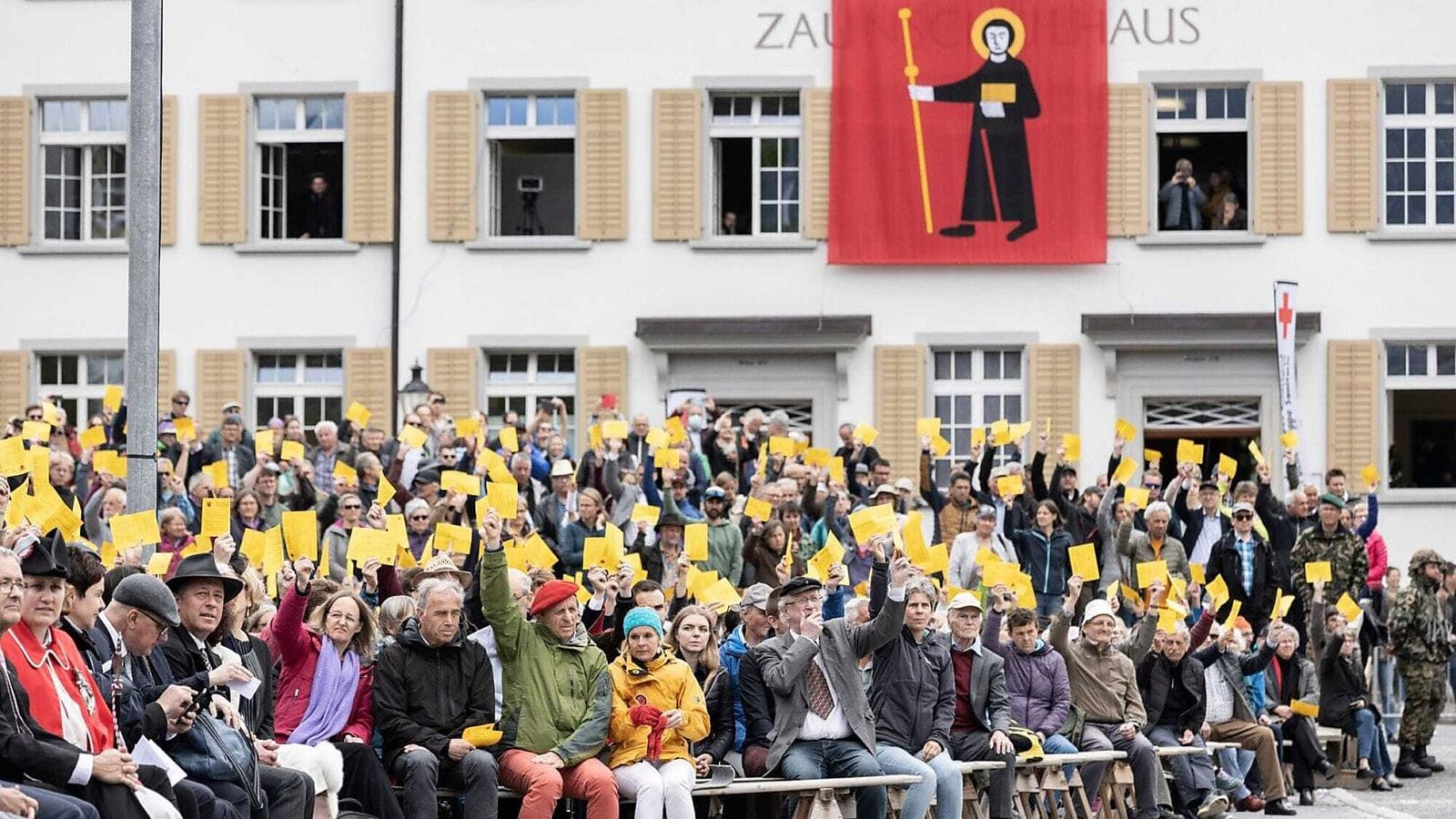I found this on a different thread.
It made me wonder, what if there were more democracies that were not representative parliamentary democracies, like Rufus decribes?Even if an equivalent to ‘liberalism’ eventually develops in the future of Planetos, that doesn’t mean it has to look exactly like our liberalism, with ballots and elections and political parties and all the rest. For example, I could imagine that, instead of Democracy, Demarchy becomes the favored form of government for ’liberal’ countries in the world of ASoIaF; meaning that important official positions within the government bureaucracy are determined by lot, instead of through elections (similar to how jury members for criminal trials are selected in some countries like the US).
In such a system political parties in the way we understand them wouldn’t really be necessary; there might not even be a left-right spectrum in the way we know it. Such a system could also be combined with a constitutional monarch, where the monarch is the head of state, who can appoint his own government as he sees fit, but where all laws the government wants to pass must first be approved by a people’s council whose members are selected by lot from among the population every year or so.
Tbh, I wish there were more pre-1900 TLs in general that played with these kinds of different forms of government, but in the end they all fall back on the classical model of representative parliamentary democracy with parties and political machines and coalitions etc.

